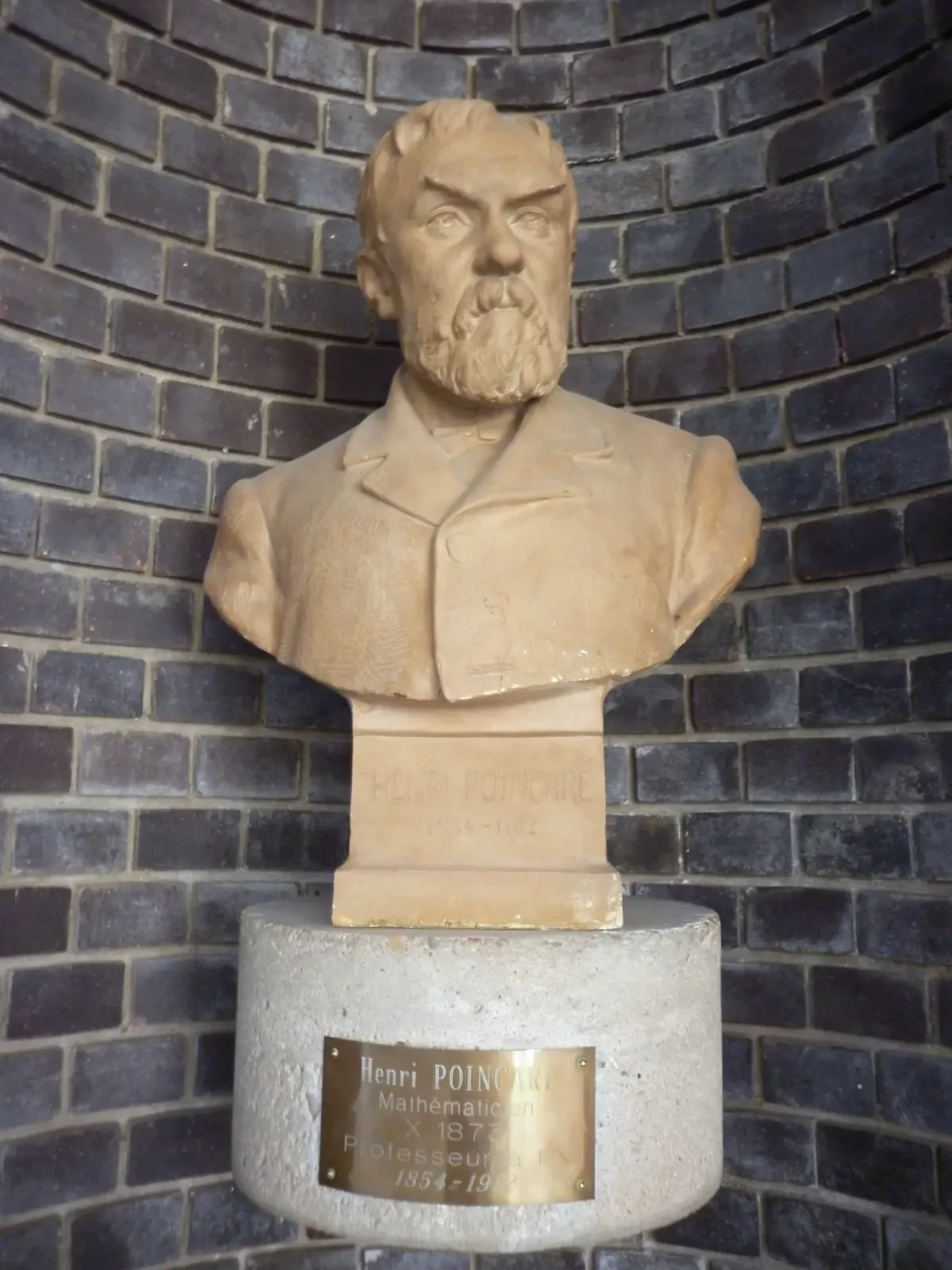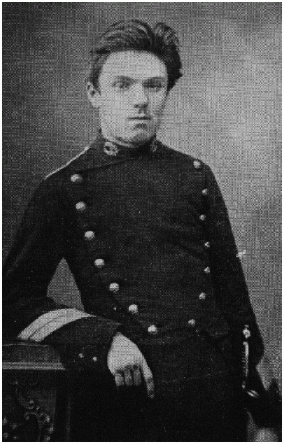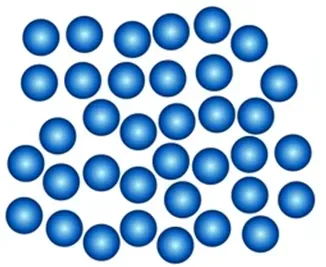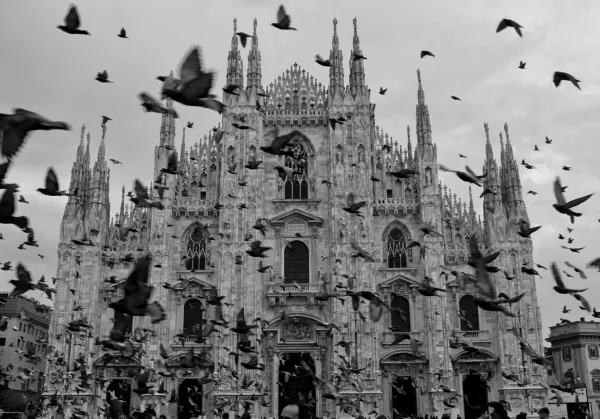Poincaré’s Philosophy of Mathematics
Was his philosophy of mathematics underrated?

Who was Henri Poincaré?
Henri Poincaré was a very distinguished astronomer, mathematician, physicist, and philosopher. And, because of this variety of areas to which he contributed he is known as the “last universalist”, and treated as a “polymath”.
Some take him as the father of relativity theory. According to Adlam, before Einstein, Poincaré “had the correct equations for the Lorentz transformations, articulated the relativity principle, derived the correct relativistic transformations for force and charge density, and found the rule for relativistic composition of velocities.” [1]
He was, indeed, very participative in many issues. Poincaré helped, for example, French authorities in the famous “Dreyfus trial”, which is now a great example of the commitment of intellectuals and scientists in judicial, political, social, and ideological debate at that time.
It is undeniable he was a very famous and influential scientist. So, possibly because of it, it was relatively easy for him to participate in the heated discussions of the foundations of mathematics in the early 20th century. We can say it was “easy” because he didn't get involved in this subject by writing great treatises, or entire books about his own philosophy of mathematics (as other authors from the same period did). Poincaré contributed to the philosophy of mathematics by writing short essays and letters.



Poincaré’s philosophy of mathematics:
Poincaré identified himself as an intuitionist in defense of Kant’s philosophy of mathematics. He was trying to reconcile the pure forms of Kant’s transcendental intuition with the inventiveness of mathematicians. But this was an unusual and controversial enterprise since many mathematicians prefer the idea that mathematics is discovered and not invented.
But his philosophy of mathematics had another great task: oppose the logicist view of Russell, Frege, and Couturat. For Poincaré, logicism could do nothing for the philosophy of mathematics because logic, according to him, was a science of classifications. Thus, logic could not contain in advance (using only some formation rules) all mathematical knowledge. For him, logic could deal with potential infinity, but not with actual infinity.
Poincaré, unfortunately, wasn't able to see the closure of the foundation of mathematic of that period because he died in 1912. But, according to Gray, in 1931 (when Gödel’s Incompleteness Theorems were published) Poincaré was proved correct.
“Poincaré (…) was critical of attempts to reduce all of mathematics to symbolic logic (as advocated by Bertrand Russell in England and Louis Couturat in France) and of attempts to reduce mathematics to axiomatic set theory. In these beliefs he turned out to be right, as shown by Kurt Gödel in 1931.” [2]
Poincaré’s “logic of infinity”:
His idea about the “logic of infinity” does resemble Gödel’s reasoning. Let’s see. For Poincaré there would only be two types of classification: immutable (predicative) and mutable (non-predicative). And each closed formal system (like those used by “Cantorian” philosophers, e.g., Frege and Russell) would not be immune to the second type of classification, and therefore these systems could not be considered “immutable” either, or, as Gödel prefers, these systems could not prove their own completeness. Very similar, isn’t it?
Poincaré, Leibniz, the foundations of mathematics and a chess analogy:
In Science and Hypotheses (1902), Poincaré seemed unsatisfied about what was being done in the foundations of mathematics. So, commenting on a demonstration by Leibniz (for “2+2=4"), he concluded one cannot reach a really fundamental statement in the foundations of mathematics by using merely one or two true propositions in mathematics. For it would be like translating a simple statement in a merely more complex way of stating it. And he says “A chess-player, for instance, does not create a science by winning a piece. There is no science but the science of the general.” But how logic, mathematics, or philosophy could achieve such a “general” statement to complete the foundations of mathematics is yet a problem.
[1] Adlam, Emily. “Poincaré and Special Relativity”. Cornell University, 14 Dec. 2011.
[2] Gray, Jeremy John. “Henri Poincaré”. Encyclopedia Britannica, 13 Jul. 2020.
If you want to be better acquainted with Poincaré’s idea of the “logic of infinity” I recommend reading chapters 4 and 5 of the book Mathematics and Science: Last Essays (1912).
To better understand Poincaré’s intuitionism I recommend the article Intuition in Poincaré’s Philosophy of Mathematics (2019) by Koray Akçagüner. Published on Beytulhikme International Journal of Philosophy, Vol. 9, (4), pp.925–940.





